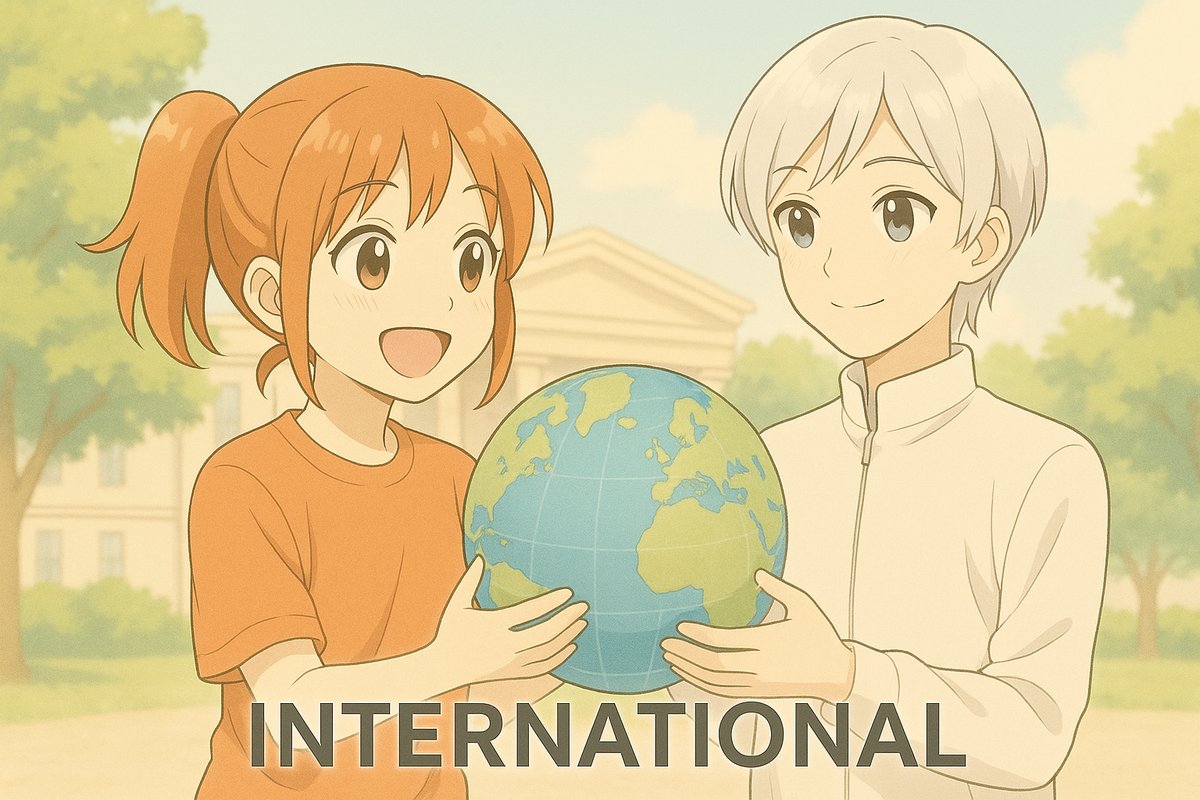📰 ニュースまとめ
2023年10月に始まったイスラエルとハマスの衝突により、ガザの保健当局は死者数が6万人を超えたと発表しました。
最近の24時間で113人が死亡しており、栄養失調や飢餓が深刻な問題となっています。攻撃が続く中、停戦交渉も難航している状況です。この状況は中東地域の安定化に対する国際社会の役割が問われる中で起きています。
💬 チャコたちの会話に耳をすませてみると…
チャコ:
ねえ、どうしてこんなにたくさんの人が亡くなっているの?
ログ:
それはイスラエルとハマスの衝突が続いているからだな。この状況では、攻撃が止まらないし、栄養失調も深刻なんだ。
チャコ:
栄養失調って何?
ログ:
食べ物が足りない状態のことだよ。
ナヴィ:
栄養失調は、特に戦争や紛争地域でよく見られる問題です。食糧が不足すると、健康に大きな影響を及ぼします。
チャコ:
そうなんだ、もっと助けが必要だね!
📝 管理人のひとこと
今回のニュースは、ガザ地区の人々が直面している深刻な状況を浮き彫りにしています。死者数が6万人を超えるというニュースは、私たちに戦争の悲惨さを再認識させます。特に子どもたちや女性が影響を受けやすい栄養失調の問題は、国際社会がどう対処すべきかを考えるきっかけにもなります。根本的な解決には時間がかかるかもしれませんが、まずは人道的な支援を優先する必要があるでしょう。
この記事をシェアする:
🇬🇧 英語版を見る
Summary
In October 2023, the conflict between Israel and Hamas began, and Gaza’s health authorities announced that the death toll has exceeded 60,000.
In the last 24 hours alone, 113 people have died, and malnutrition and hunger have become serious issues. As the attacks continue, ceasefire negotiations are facing significant challenges. This situation is unfolding amid increasing scrutiny of the international community’s role in stabilizing the Middle East.
Dialogue
This dialogue is fictional and based on the article.
Chako: Hey, why are so many people dying?
Log: That’s because the conflict between Israel and Hamas is ongoing. In this situation, the attacks won’t stop, and malnutrition is also a serious issue.
Chako: What is malnutrition?
Log: It’s when there isn’t enough food.
Navi: Malnutrition is a problem that’s often seen, especially in war and conflict zones. When food is scarce, it has a significant impact on health.
Chako: I see, we need more help!
Admin’s Note
This news highlights the severe situation faced by the people in the Gaza Strip. Reports of over 60,000 deaths remind us of the horrors of war. The issue of malnutrition, which particularly affects children and women, raises important questions about how the international community should respond. While a fundamental solution may take time, it is crucial that we prioritize humanitarian assistance first.



コメント